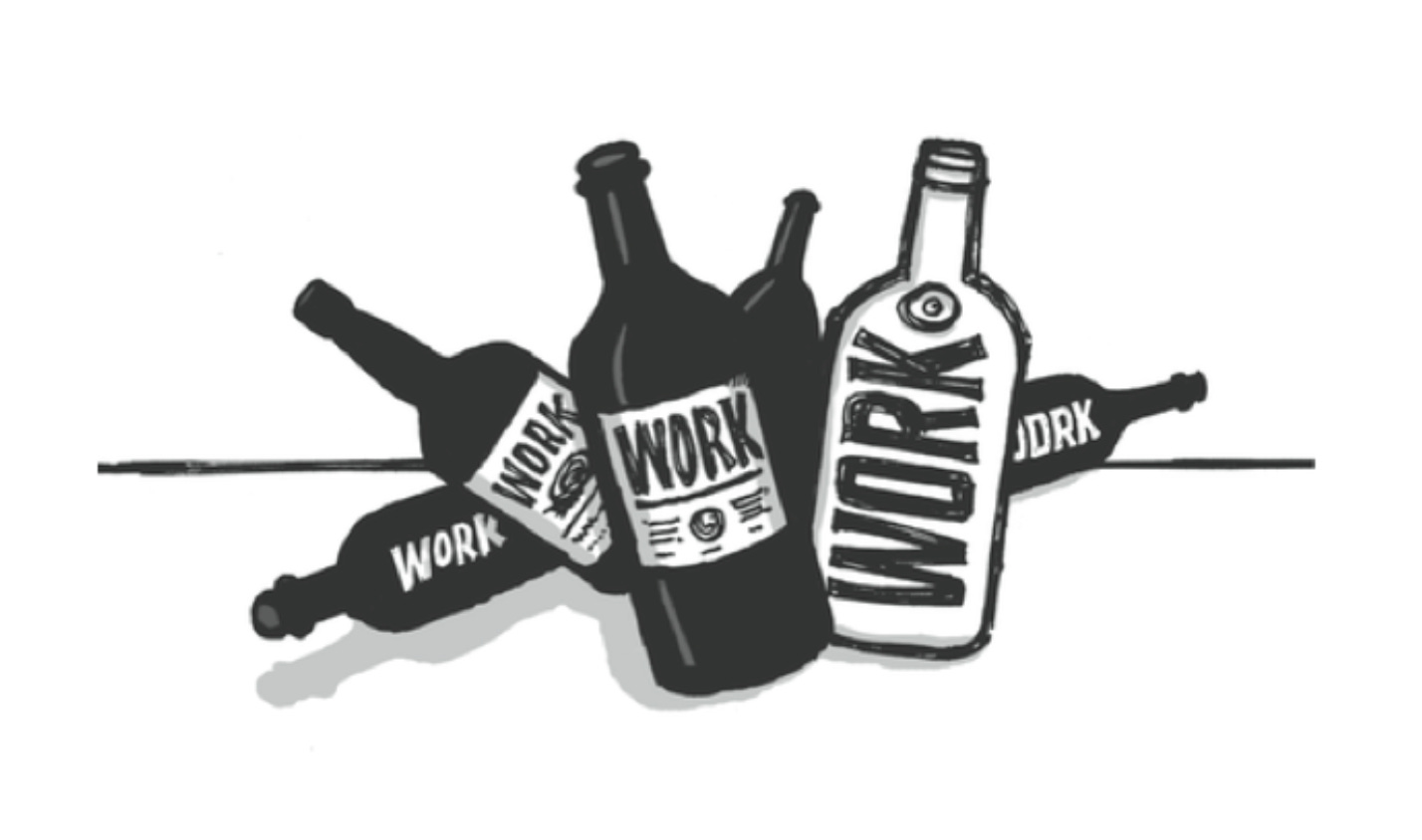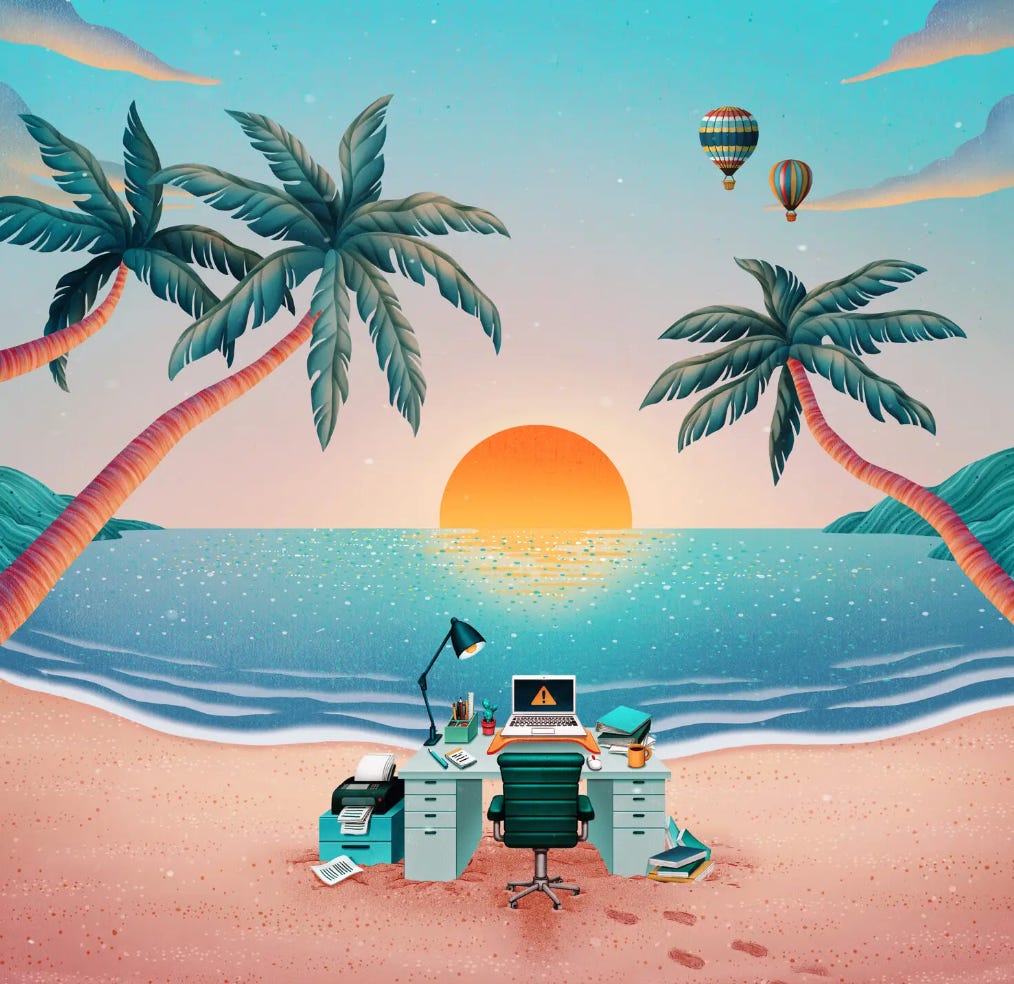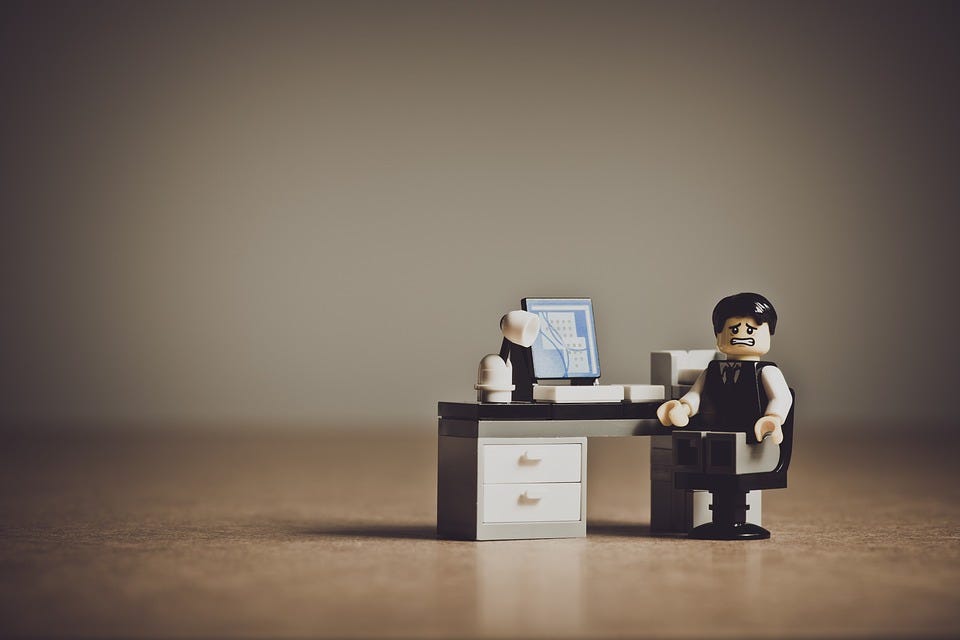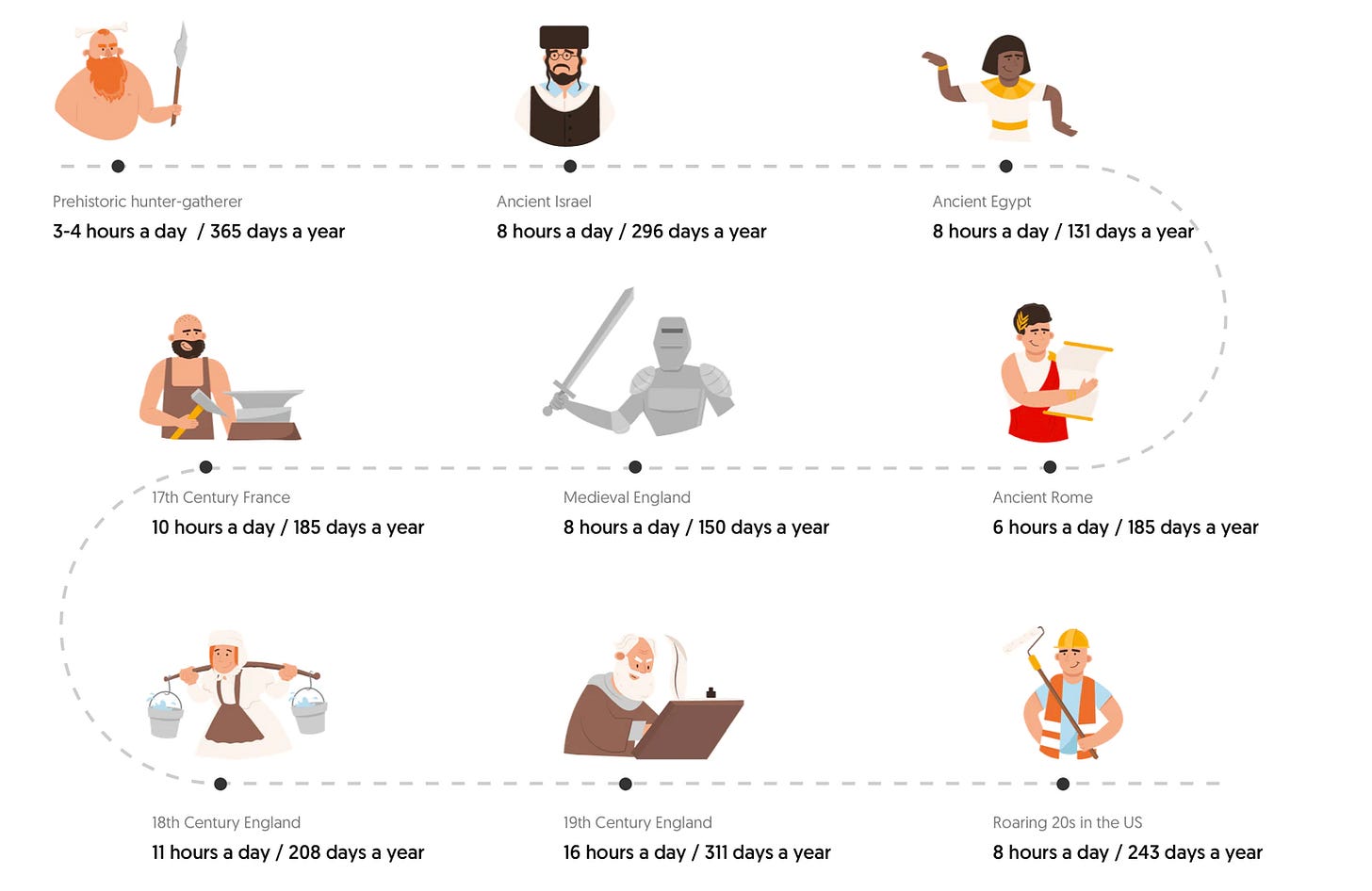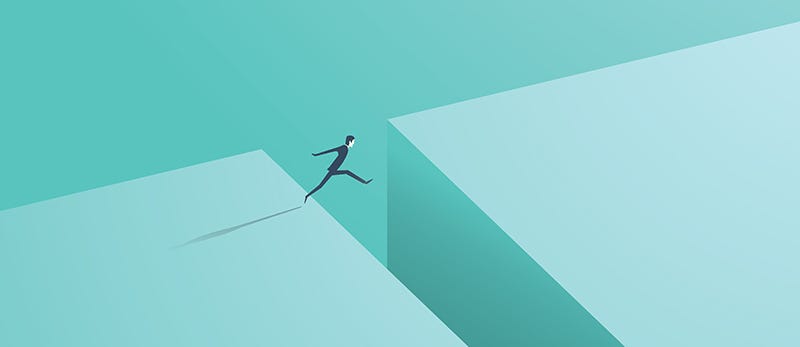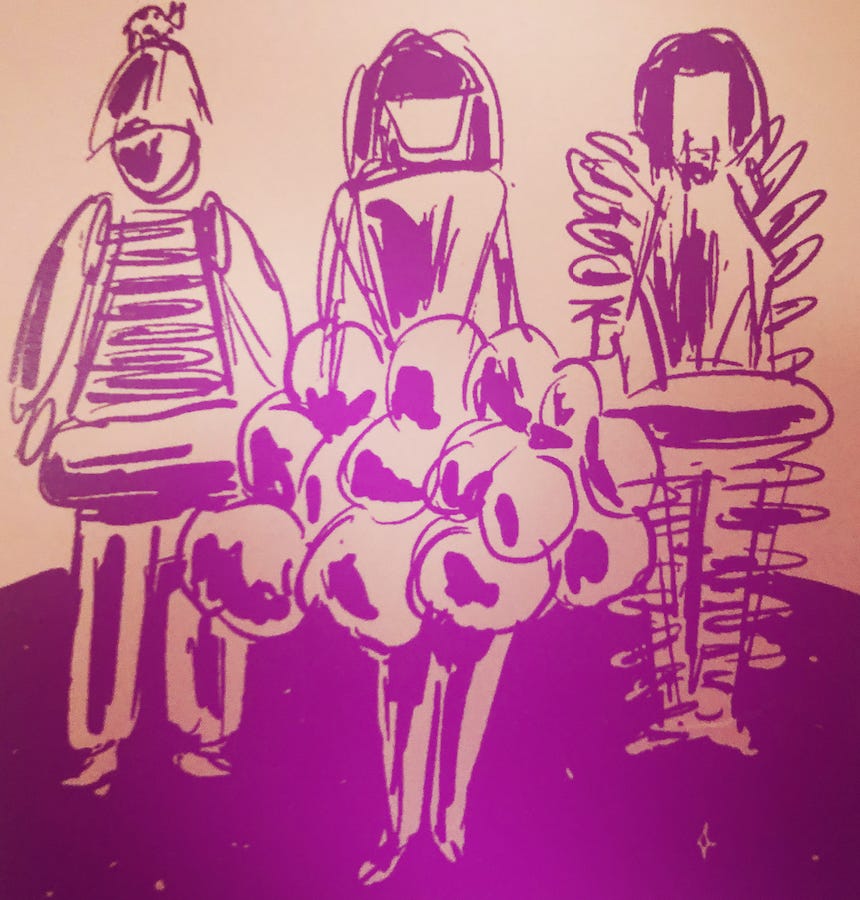Work Isn't Working
“Maybe you should ease off the computer for a while,” the doctor suggested. My newly diagnosed carpal tunnel was a sure-fire sign I’d been working too hard.
Yes, I’m a recovering workaholic.
The twitch in my hand reminded me of the real burnout I suffered ten years earlier. This time around I told myself a convenient story that I was an ‘engaged workaholic.’
Engaged workers are less likely to have accidents, make mistakes, take sick days, behave badly with colleagues and family, and burnt out. They’re more likely to be inspired, creative, and productive. Since I loved my work so much, my logic went—I was justified in working around the clock. But was this O.K.?
Surely not.
Workism is a disease of our modern times. For many like myself, the pandemic made this crystal clear. Others (perhaps those in denial and certainly those without the luxury to choose) double-downed on working longer and harder.
For those I’ve had the pleasure to work with it’s evident that they could no longer ignore their new realities (which include some if not all of the following):
My values are no longer (or never were) aligned with my company
My work environment depletes more than it energizes me
There’s little if no room for me to learn and grow at my company
The similar work conundrums my clients face have prompted me to revisit overwork, total work, and toil glamor. I hear about people being told they must come back to the office which leaves them wondering why? Ever since my burnout I’ve been curious about how we can reconfigure work so it better serves us (see some ideas on what to do below).
If there were a one-size-fits-all solution for working better and smarter, then I’d be out of work. And to that end, I don’t think work is a problem to be solved. I see work as a practice to be evolved.
Renowned philosopher Bertrand Rusell was on to something nearly a century ago when he wrote,
I think that there is far too much work done in the world, that immense harm is caused by the belief that work is virtuous, and that what needs to be preached in modern industrial countries is quite different from what always has been preached.
He advocated for the four-hour workweek well before it was a thing. What’s apparent now is that working more is rarely the answer to increasing your productivity.
“I notice that I have my best ideas and make the most of my connections by not sitting at my desk, but by traveling, spending time outdoors, working from different places, and meeting new people.” says life-work balance champion Alice Katter.
While it’s often “time off” that affords you the breakthroughs to get ahead, the slippery slope is using every leisurely moment as a tool for inspiration for when you do return to ‘work’. I’m guilty of this. The idea for this newsletter came to me in yoga. In order to get unstuck, I‘ve gone for a run - twice.
Many I coach have completely transformed how they approach their work — knocking out 4 hours of deep work a day. Their bullshit work is restricted to a bare minimum, and most importantly—performed when they’re at their worst.
Some have left their jobs to join the Great Migration to gain more control over when, where, how (and how much) they work. They no longer suffer from a provisional existence. And a select few see that their work is simply not the ‘place’ where they’ll find meaning or joy — and that’s O.K.
My dad told me long ago, “No one ever looks back on their life and wishes they spent more time at their desk.” And as I sit here at this golden hour- I’m grateful my hand isn’t twitching anymore. I guess I’ve finally learned my lesson.
What to Do?
Practice Wu Wei
Immerse yourself in nature
Gift yourself the morning
Find a work coach
Tame your mind
Inspiration Station
Paul Simon on his creative process (s/o Richard Holman)
How tonight’s supermoon affects you
I’m all booked up David (s/o Emma Martina)
“Painting is just another way of keeping a diary.” - Pablo Picasso
If you enjoyed reading this please do help spread the 💚



